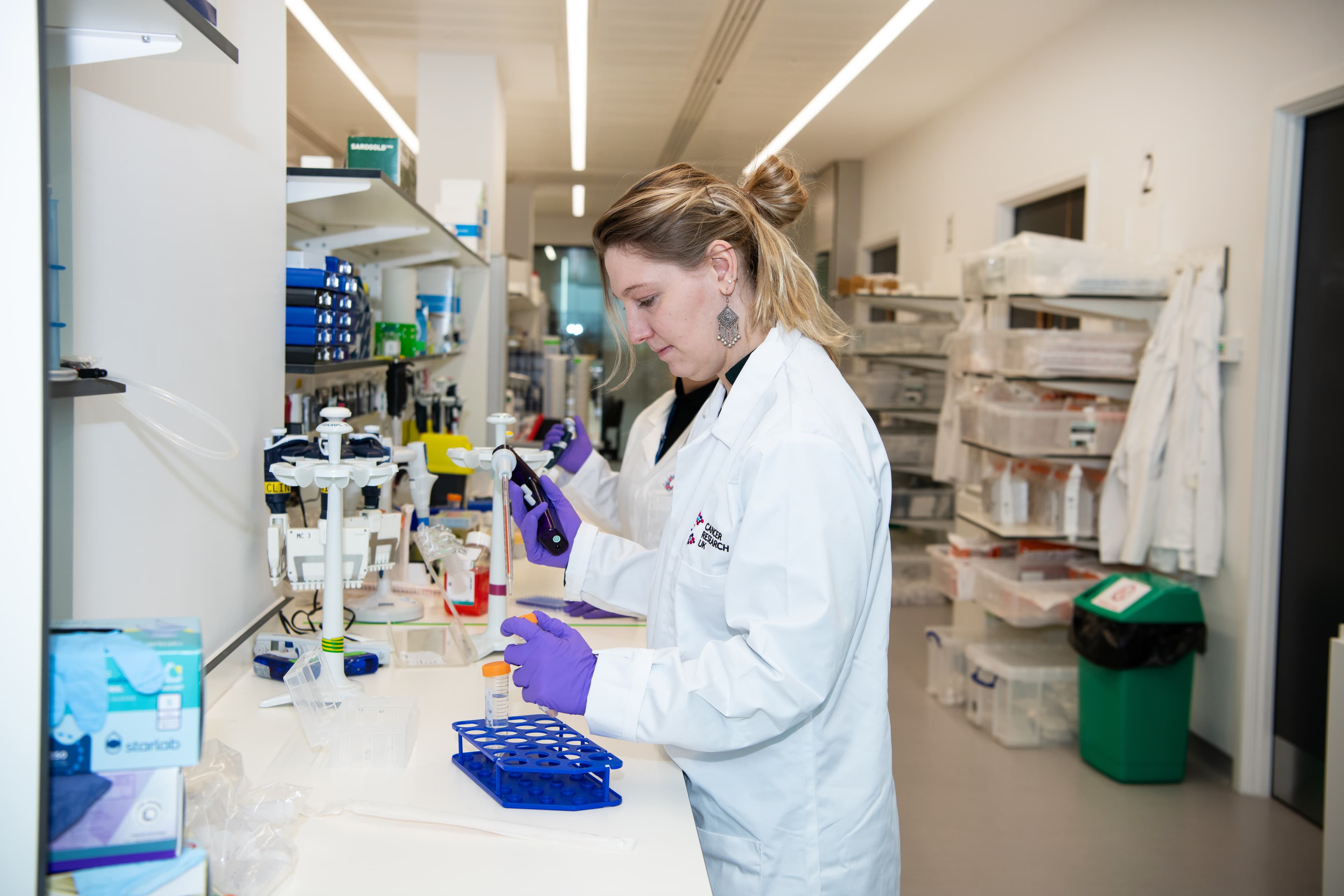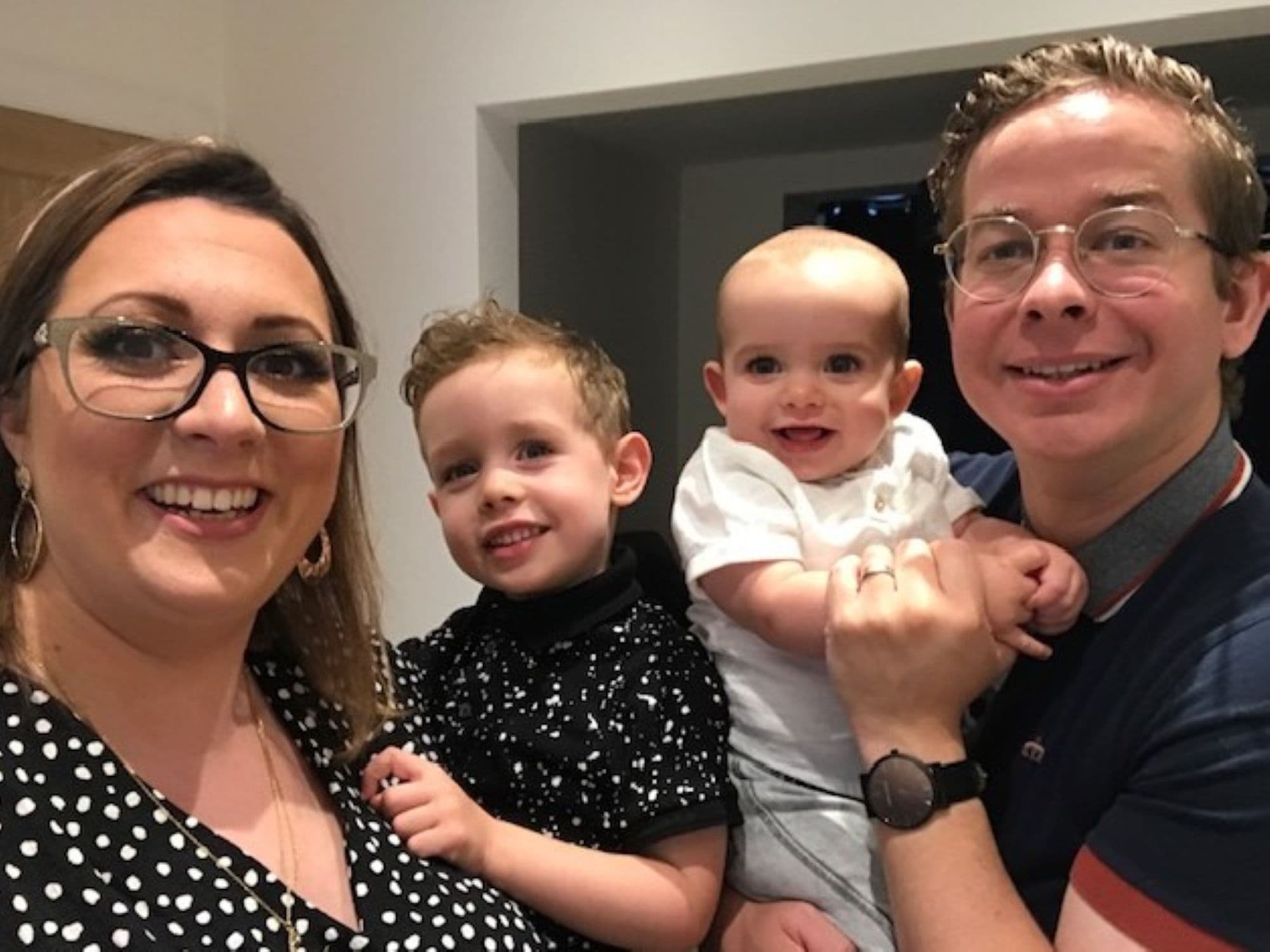
HPV infection is linked to most cases of cervical cancer. Vaccination against the virus and cervical screening (to spot abnormal cell before they can develop into cancer) are effective ways of preventing the disease, but not everyone takes up the invitations. Our researchers are looking into ways to improve uptake of these programmes so more women can take part if they want to, to prevent more cervical cancer cases. They are also finding more effective treatments for women who are diagnosed with the disease.
Professor Peter Sasieni in London is looking for ways to improve cervical cancer screening. He’s looking to improve access to existing screening programmes, and will evaluate new screening methods that might be a better option for places with limited healthcare resources.
Read more about cervical cancer screening
In London, Professor Maria Kyrgiou is trying to reduce the number of people who get treatment they don’t need after a positive HPV test. For most people, the virus causes no harm. So, her team are developing a fast, less invasive tests to determine which people with a positive HPV test have a high-risk strain that could lead to cancer and therefore require treatment.
If successful, this research could lead to more people getting the treatment they need sooner and without the need for multiple tests.
Most people with cervical cancer that has started to spread beyond the cervix are treated with a combination of chemotherapy and radiotherapy at the same time. Dr Mary McCormack, in London, is leading a trial called INTERLACE to see if providing high doses of chemotherapy to reduce the size of the tumour, before the standard chemoradiotherapy treatment, could improve outcomes. If shown to be more effective than the existing treatment, this could become the new gold-standard of care for many people with cervical cancer.

Thanks to research, we've helped change the outlook for people with cervical cancer.

Meet people like Nicola who have experienced first-hand how our research is making a difference. The life-saving research we do wouldn’t be possible without your support.
Want to find more information about our research or cervical cancer?